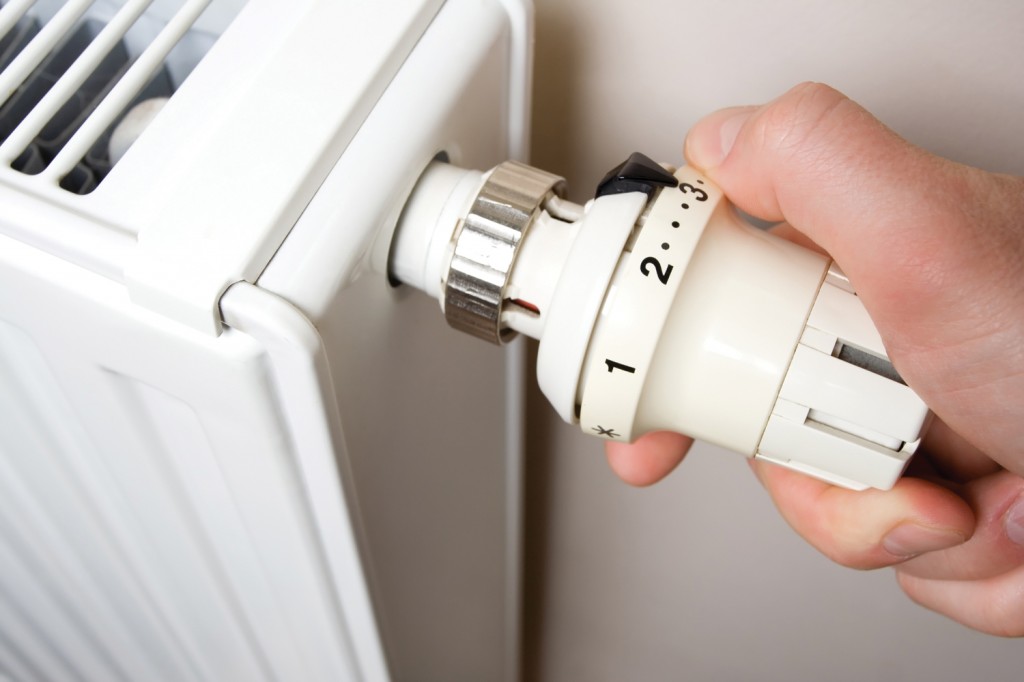The 5% increase from £1,834 for Q1 2024 has been blamed on rising international wholesale costs, market instability and global events including the war in Ukraine.
However, households may pay more or less than the average £1,928 dual fuel direct debit figure as the Ofgem energy price cap doesn’t set a maximum limit on bills. Instead, it limits how much suppliers can charge you on the unit rate and standing charge.
For other energy billpayers, they will also see an increase in costs.
For households with a prepayment meter, the new cap for January to March will be £1,960 annually. This is also a 5% rise, adding £99 on average per year.
The prepayment cap is £32 higher than the cap for direct debit households which appears to be at odds with a previous government announcement to scrap the ‘prepayment meter premium’ until April 2024. However, Ofgem confirmed prepayment meter customers are charged the same standing charge as direct debit customers, but the difference is to reflect the higher costs to suppliers.

Wellness and wellbeing holidays: Travel insurance is essential for your peace of mind
Out of the pandemic lockdowns, there’s a greater emphasis on wellbeing and wellness, with
Sponsored by Post Office
For households who pay for their energy by cash or cheque, and who don’t use direct debit, the cap will be £2,058, an annual rise of 5% or £99. From January these customers will pay on average £130 more than direct debit billpayers.
Either way, the increase to average bills comes at a time when many people are already struggling financially amid the ongoing cost-of-living crisis.
Last year, all households were given extra government money of £400 towards their energy bills but further support for billpayers was notably missing from yesterday’s Autumn Statement.
‘Millions will struggle in cold and unsafe homes’
Adam Scorer, National Energy Action chief executive, said: “Yesterday in the Autumn Statement, there was zero direct support for households struggling with sky-high energy bills.
“Today Ofgem announces from January those bills will be even higher as typical households will be paying £100 more – just after Christmas and as the weather will get even colder.
“For those already saddled with paying back the £2.6bn of household energy debt or self-disconnecting from energy to avoid that debt it’s devastating and this increase will mean millions will struggle in cold and unsafe homes.”
Energy price cap calculations and standing charge consultation
The price cap applies to a unit of energy and the standing charge for electricity and gas. For electricity costs, the price will increase to 28.62 pence per kWh (from 27.35) and the standing charge will fall to 53.35 pence daily (from 53.37).
For gas, the price per unit will rise to 7.42 pence per kWh (from 6.89) and the standing charge will fall to 29.60 pence daily (from 29.62).
A consultation is currently open into standing charges, which everyone pays regardless of the amount of energy they use, or even if they don’t use energy at all.
The latest announcement shows a 5% rise to energy bills, yet there is more to the figures as Ofgem has also changed the way it calculates how much energy a household typically uses.
Three months ago, the regulator said a typical two to three bedroom house would use 2,900kWh of electricity and 12,000kWh of gas a year. This has reduced to 2,700kWh of electricity and 11,500kWh of gas.
If we were to use the previous average figures, there would be a bigger rise of £100 per year than the £94 increase announced today.
Under the old average use figures, the typical annual bill was £1,272 in October 2021, £1,923 in October 2023 and would have been £2,023 in January 2024. Yet with the revised figures, the average cap will actually be £1,928 from January.
HOUSEHOLDS USING LESS ENERGY ‘BECAUSE THEY CAN’T AFFORD IT’
The average use figures changed because people are using less energy, according to Ofgem.
Yet while households may be more energy efficient and therefore using less energy, some groups suggest it’s because people can’t afford to pay for energy.
Scorer said: “Many of our clients are using less energy because they cannot afford to turn the radiators on, cook a hot meal or have a warm shower.
“Their homes are no longer comfortable and safe places to be. Many have damp and mould and their physical and mental health are seriously affected. There is still time for the UK government to act, but that time is fast running out.”
‘A difficult time for many’
Jonathan Brearley, CEO of Ofgem, said: “This is a difficult time for many people, and any increase in bills will be worrying.
“But this rise – around the levels we saw in August – is a result of the wholesale cost of gas and electricity rising, which needs to be reflected in the price that we all pay.
“It is important that customers are supported and we have made clear to suppliers that we expect them to identify and offer help to those who are struggling with bills.
“We are also seeing the return of choice to the market, which is a positive sign and customers could benefit from shopping around with a range of tariffs now available offering the security of a fixed rate or a more flexible deal that tracks below the price cap.”
The next price cap for Q2 2024 (April to June), will be announced in February.
